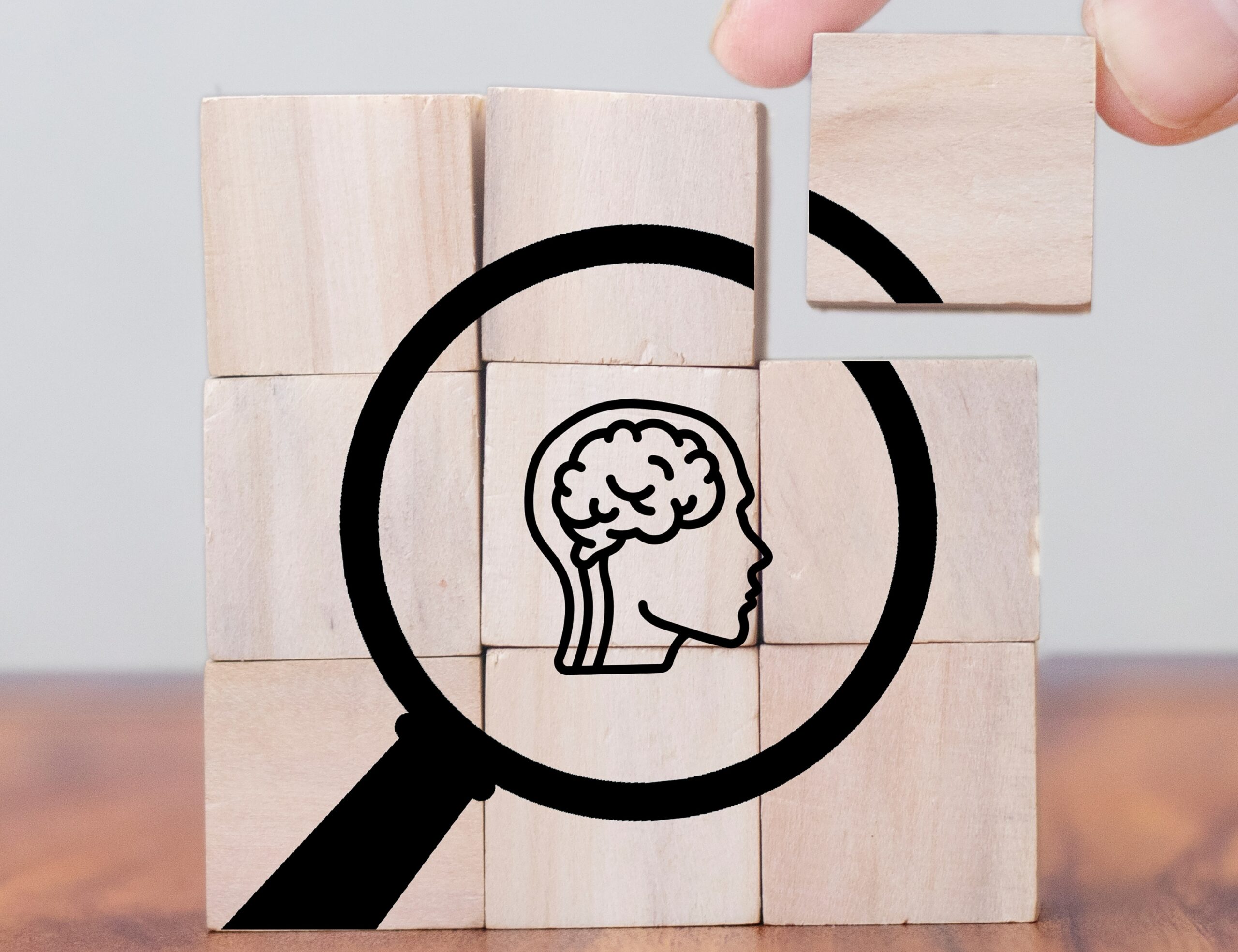
Understanding ADHD
Ever felt like your brain came without an instruction manual? You’re not alone. Understanding ADHD is often the first step toward turning confusion into clarity and learning to thrive in a way that works for you.
Many people feel uneasy about an ADHD diagnosis. There can be fear of stigma or a sense that something must be “wrong.” But here’s the truth: understanding ADHD isn’t about labels. It’s about recognizing how your brain works and using your strengths to build a life that fits.
Let’s clear something up right away: ADHD isn’t just about being distracted or full of energy. It’s not laziness, lack of willpower, or something you outgrow. ADHD is a brain-based difference that affects how we pay attention, manage energy and emotions, and get things done.
One way to think of ADHD? Imagine driving a race car with bicycle brakes. Your mind is fast, creative, and full of ideas, but sometimes it’s hard to slow down or stay on track. ADHD often comes with curiosity, energy, spontaneity, and challenges with consistency, structure, and time.
The Three Presentations of ADHD
ADHD doesn’t look the same for everyone. There are three common presentations:
- Inattentive type: Often quiet and inward, with challenges in focus, forgetfulness, and
staying organized, but rich in thought and imagination. - Hyperactive-Impulsive type: High energy, needing to move, speak, or act, yet often
quick to generate and act on ideas. - Combined type: A mix of inattentive and hyperactive traits, bringing distraction and
restlessness.
More Than Just Focus: Executive Function Challenges
ADHD affects more than attention. It’s closely linked to executive function: skills that help us plan, organize, and follow through. Common struggles include:
- Getting started on tasks
- Keeping track of things
- Managing time
- Regulating emotions
- Following through on plans
Many people with ADHD also experience “now vs. not now” thinking. If something feels urgent or interesting, it’s easy to jump in. If it feels boring or abstract, It can be hard to start if it feels boring or abstract, no matter how important it is. It’s not about effort. It’s about how the ADHD brain processes motivation and priority.
Strengths of ADHD
ADHD comes with challenges, yes, but also remarkable strengths:
- Creative thinking and unique problem-solving
- Deep focus (hyperfocus) on things that matter
- Resilience from navigating a world that doesn’t always fit
- Emotional insight and strong empathy
ADHD Looks Different for Everyone
Some people struggle in school but thrive in creative work. Others do well in structured jobs but find everyday routines difficult. ADHD can be quiet or bold, high-energy or inwardly intense. This is why personalized strategies matter.
Diagnosis and Support Options
If this sounds familiar, you’re not alone. ADHD is often diagnosed by a psychologist, psychiatrist, or a family doctor trained in ADHD. Diagnosis may include interviews, checklists, and sometimes feedback from others in your life. Some people seek a formal diagnosis; others choose to self-identify. Both paths are valid.
Many adults live undiagnosed for years, believing they just need to “try harder.” But ADHD isn’t about not trying. It’s about tapping into how you think and finding strategies that truly fit you.
Managing ADHD is different for everyone. Some use medication. Others prefer therapy, coaching, mindfulness, or structured routines. There’s no single right way, just the best way for you.
How ADHD Life Coaching Can Help
At  ADHD Life Coaching, we work with you to build strategies that fit your strengths, values, and everyday life. We don’t diagnose or prescribe, but we help you explore tools that support how you think and live, without pressure or judgment.
ADHD Life Coaching, we work with you to build strategies that fit your strengths, values, and everyday life. We don’t diagnose or prescribe, but we help you explore tools that support how you think and live, without pressure or judgment.
ADHD isn’t a flaw. It’s a different style of processing the world. When you lean into your
strengths and adapt your strategies, so much becomes possible.
